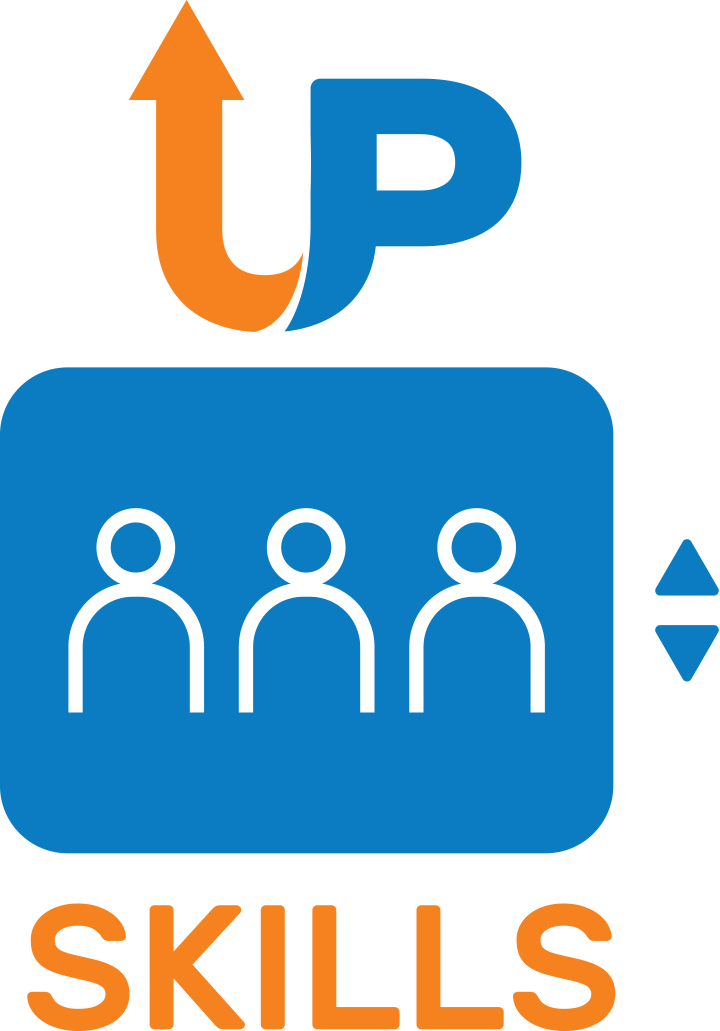Guidelines and Best Practices for Research-Based Teaching
An account of the 3rd UPSKILLS multiplier event
Teaching and research constitute the two core activities in academia. Yet, they are typically planned, performed and evaluated separately, often by different teams. This means that many possibilities for cross-fertilisation between the two domains are missed. One way to avoid this is through engagement in research-based teaching (RBT), with a special focus on the integration of ongoing research into teaching. While the benefits of research-based teaching (RBT) are increasingly recognised, its practical and formal/administrative aspects in the area of language and linguistics still need to be elaborated. One of the main goals of the UPSKILLS project is to compile and publish guidelines and best practices that teaching staff can easily follow when they decide to integrate their own research into their teaching.
The main goal of the third UPSKILLS Multiplier event, organised by CLARIN ERIC on November 4 in Utrecht, was to present an overview of the Guidelines and Best Practices for Research-Based Teaching and discuss with the participants how they can best benefit from them. The guidelines contain a template describing the structure of a comprehensive RBT course and 16 examples of RBT courses on different topics, ranging from the acquisition of English as a second language, to automatic speech recognition and multilingualism. Furthermore, the guidelines will be complemented by a short guide for teachers about using the CLARIN research infrastructure in teaching and best practices for integrating industry-based research projects into the curriculum.
In this post:
- Video recordings
- Slides by presenters
- Summary of the day’s discussion
Session 1: CLARIN and UPSKILLS
Introduction
Keynote by Antal van den Bosch
Overview of UPSKILLS
Session 2: IO2 – Research-based teaching
a. Guidelines and best practices for research-based teaching
Links to slides:
b. Integration of research-based teaching into the curricula
Links to slides:
Session 3: Interactive session with the audience
Session 4: The UPSKILLS Learning Content Blocks
Summary of the day’s discussion
The following insights have been obtained through interactive panels of discussions with the UPSKILLS consortium partners and experts from the audience. It was unanimously agreed that the guidelines contain useful information, templates, stories, testimonials and examples of courses. Furthermore, the invited speakers acknowledged that while it is time-consuming to design and assess RBT courses, they prepare the students not only for a research career but can also stimulate their curiosity and help them enhance their problem-solving and technical skills. Lecturers, on the other hand, have the opportunity to gain new insights about their research by involving students in their work. However, involving students in specific projects may carry the risk of being too specific, and students might not get a sufficiently wide perspective on research. In order to avoid this potential drawback, the RBT guidelines should envision a general introduction to research.
Teaching RBT courses becomes even more challenging when students come from diverse backgrounds and have different levels of scientific knowledge and digital literacy. In such cases, lecturers need a lot of time to design appropriate activities and guide them through the learning process. The discussions concluded that while RBT can lead to interesting perspectives, the actual implementation in a specific situation will depend on the students’ background, the ability of the lecturer to find the balance between teaching fundamental research and more practical skills, the study load and the flexibility of the curriculum.
Furthermore, the invited speakers also saw benefits in using existing infrastructures (Virtual Language Observatory, CLARIN Resource Families), integrated concordancers (e.g. NoSketch Engine, KORP) and language resources to create a safe environment for students to experiment and discover new knowledge on their own. Finally, the lecturers agreed that, although designing real-life projects in close cooperation with industry partners takes a lot of effort, it helps students feel better prepared for the job market.
The event attracted 33 virtual participants and 17 onsite participants teaching language-related subjects. Both the RBT guidelines and the UPSKILLS learning content will be made publicly available in 2023.
Posted by Iulianna van der Lek (CLARIN ERIC team)

Recent Comments